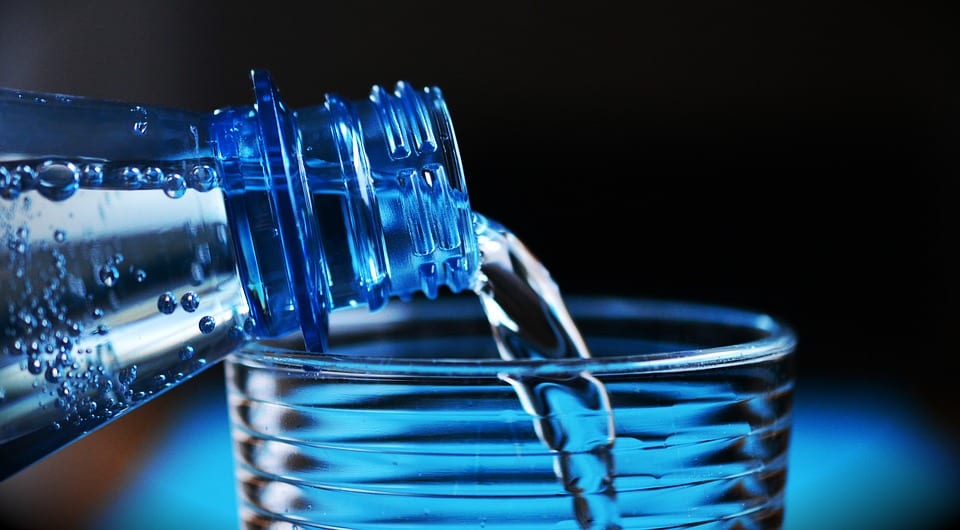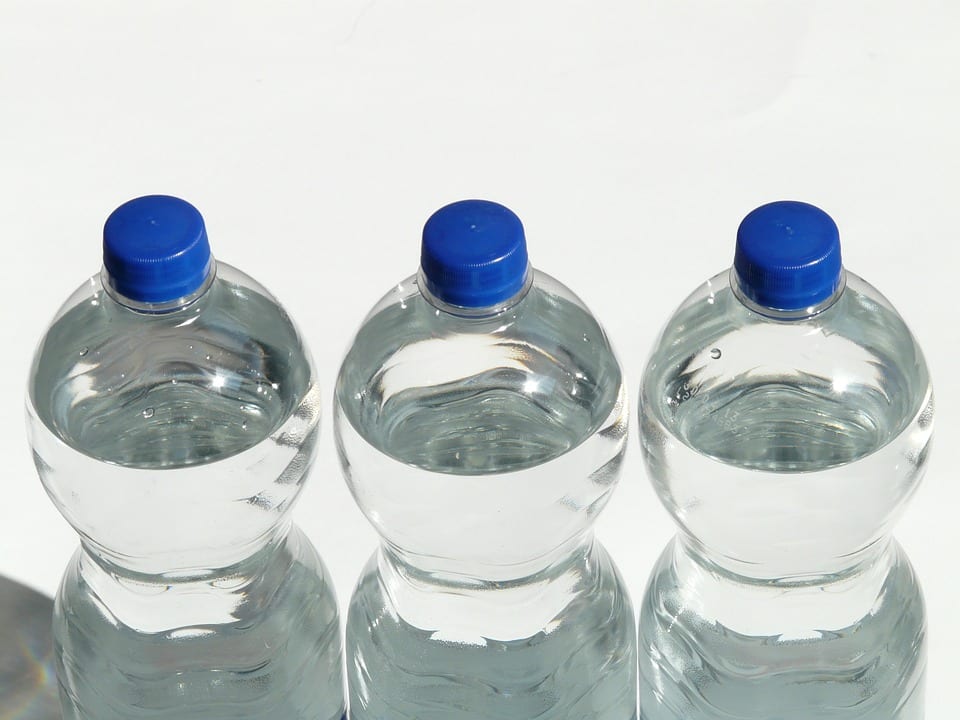A lot of people believe that paying money for bottled water is a better idea than drinking tap water. Some believe it’s actually healthier for them, while others might insist that it’s cleaner. While there can be some truth to this (if you live in Flint, MI, for instance), a recent study may have consumers thinking twice about how much they spend on bottled water in the future.
The study tested 259 bottles across 11 brands and 9 countries (including the United States) and found that 93% of the tested bottles contained microplastics – around 10.4 plastic particles per liter of water.
Photo Credit: Pixabay
In case you’re wondering, that’s twice the amount of contamination found in most tap water, according to an Orb Media investigation.
Microplastics are tiny fragments of plastic, including the plastic used to make some of the bottle caps. Researcher Sherri Mason told AFP “I think that most of the plastic that we are seeing is coming from the bottle itself, it is coming from the cap, it is coming from the industrial process of bottling the water.”
Even though research shows that microplastics can be harmful to marine life, it’s unclear whether or not they have similar effects on humans – they’re found in other edible products, like fish and shellfish, and in tap water, and a recent study found that they’re absolutely making their way into humans, too.
Photo Credit: Pixabay
Mason continued:
“There are connections to increases in certain kids of cancer to lower sperm count to increases in conditions like ADHD and autism. We know that they are connected to these synthetic chemicals in the environment and we know that plastics are providing kind of a means to get those chemicals into our bodies.”
Joe Doss, the President of the International Bottled Water Association, cautions that the study hasn’t been peer reviewed and should be taken with a grain of salt until it is.
“Consumers can remain confident that bottled water products, like all food and beverages, are strictly regulated by the U.S. Food and Drug Administration and, thus, are safe for consumption,” Doss said in a statement. “The bottled water industry is committed to providing consumers with the safest and highest quality products.”
Photo Credit: Pixabay
The World Health Organization confirmed to BBC that they will be conducting a review into the potential risks posed by microplastics found in bottled water.
Until then…I don’t know. Buy a filtered pitcher or bottle? Switch to Gatorade? Drink from the tap? Your choice!
The post New Study Finds Your Bottled Water May Be Dirtier Than You Think appeared first on UberFacts.




